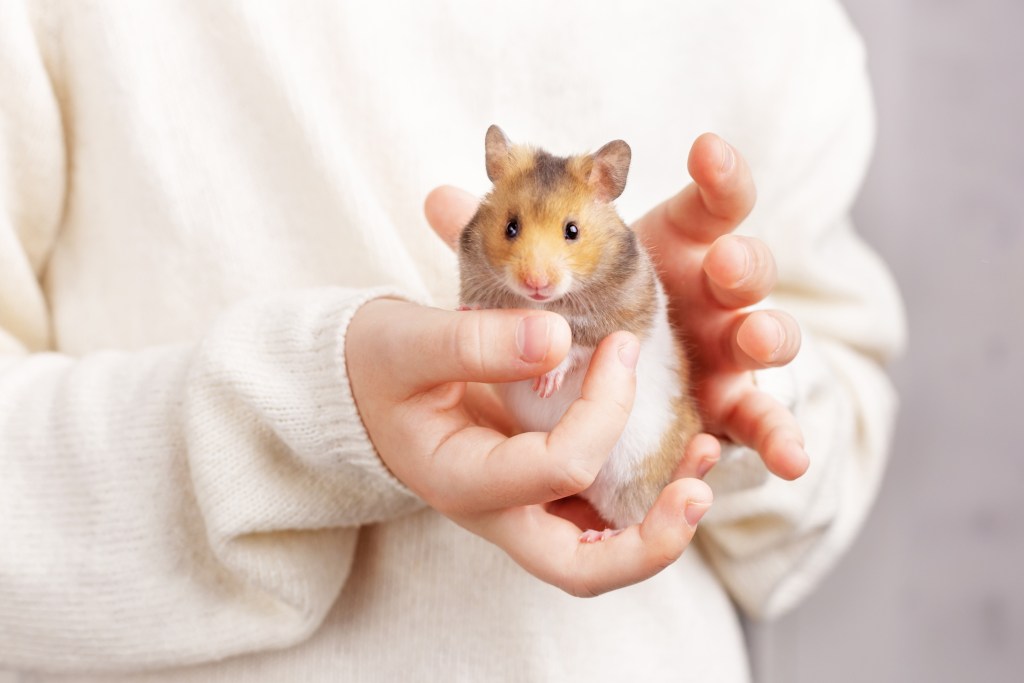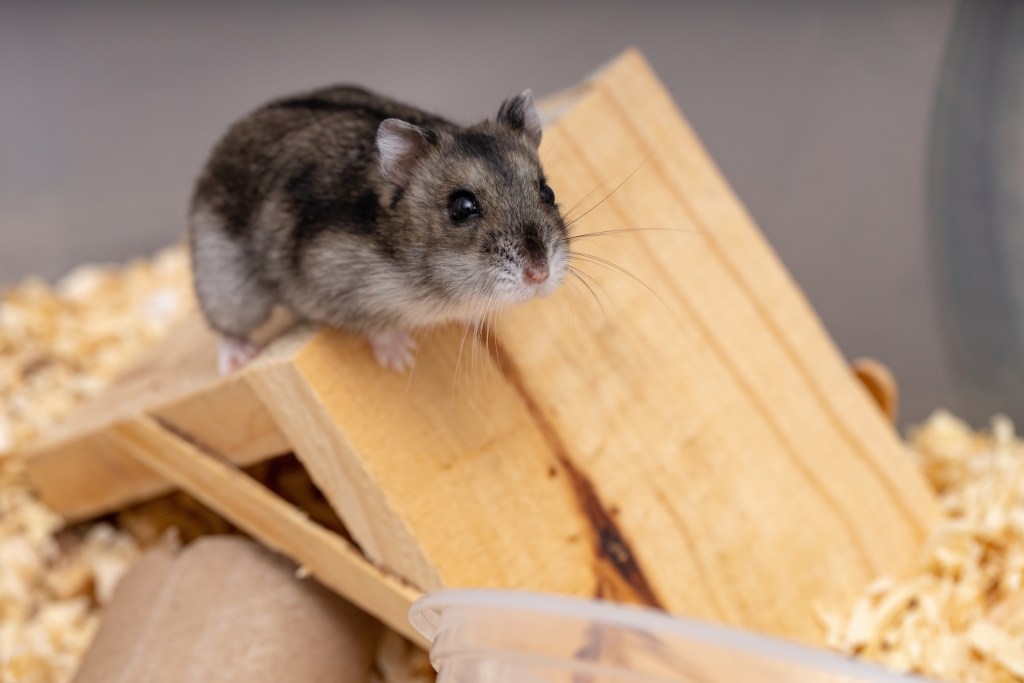When a small pet enters our lives, they come and go quickly, but leave behind a burst of love and affection. It’s sad that little animals are only with us for short periods, though perhaps it’s because they have so much to give that they can only stick around for a little while. But why do hamsters die so fast? There are a few things you can do to keep your pet here for as long as possible and a couple of signs to watch out for that might be curable if you act in time. By keeping a close eye on your small pet, you can ensure his life is as long and happy as possible, even if it lasts just a couple of years.

Why do hamsters die so fast?
It’s the opposite of dogs and cats for small pets: the littler the rodent, the shorter the lifespan. If you want a pet that will reach a decade, look instead at something like a sugar glider, which is small but ages well. Your hamster, on the other hand, will only make it a couple of years, maybe up to four if you take really good care of him. The average age comes in around two, but that isn’t all bad. Many families choose to start with these tiny creatures because they don’t require quite the commitment that a dog or cat would need and so it leaves the future open somewhat. However, you’ll almost certainly grow attached, so you have to remember you’ll mourn your sweet animal after just 24 to 36 months.
Do hamsters die easily?
In the wild, hamsters live even less time because they often get taken by predators. Make sure your house is small-pet equipped before you even pick yours up. If you do have large animals like dogs or cats, put your hamster in a separate room, completely inaccessible to them. Even if your dog can be trained not to eat your critter, your hamster can never be trained not to fear his predators. Stress is one of the top killers of pet hamsters, so you should design a space that makes them feel safe. Additionally, these sweethearts are prone to certain illnesses, including cancer, pneumonia, and heart conditions. Your vet will help you spot these at their annual checkups, and some things can be cured if caught early.
How do I keep my hamster healthy?
The most important parts of a healthy hamster lifestyle are a good cage, a balanced diet, and plenty of exercise. First, you’ll need to spot-clean the enclosure daily with weekly scrubbings in between. Living in filth is one of the top causes of hamster illness, just as it would be for us. Next, while commercial pellets will absolutely serve as your staple, you also should provide hay and veggies for your hamster to munch on. That both gives nutrients and mixes things up for him while offering some dental benefits as well. Lastly, you will need to include a hamster wheel in his area with additional recreational toys rotated in. Bring out your pet for bonding time every week and try to confirm that he’s getting his steps in. Your pet is naturally inclined to run about 5 miles per day and needs a good place to do this.

What symptoms should I look out for?
Hamsters get sick pretty easily, which makes those yearly vet visits even more essential. You should also take him in any time you notice something not quite right. These guys deliberately try to hide any weakness and sometimes that makes it difficult to tell when they don’t feel good. Instead, you should learn to stay on the lookout for signs that your pet is off and get him treatment right away. Diarrhea is a big one to watch for, especially if it turns out to be the dreaded wet tail. However, many of these illnesses, like wet tail and pneumonia, can be cured with fluids and antibiotics. That means going to the vet right away could save his life and after a full recovery, he could live a long time happily afterward.
Give your hamster a happy life
Even though your little animal won’t reach much beyond three years, you can give him a very happy and fulfilled life. Don’t stop at just keeping him well, though. You want more for your pet. It’s key to engage his mind in addition to supporting his body and immune system. Invest in toys and cage accessories that will satisfy his exploratory nature. Your pet wants adventure and you can facilitate that, both inside and outside the cage. Surprisingly, that will contribute to his longevity too.
Editors' Recommendations
- A simple guide to what to feed tadpoles in your aquarium
- Is my rabbit pregnant? 5 telltale signs you should know
- What you need to know about sugar gliders before you get an exotic pet
- Bunny care 101: If Easter inspires you to adopt a rabbit, read this first
- Are female betta fish worth it? Here’s why you should consider getting one of these pretty fish




